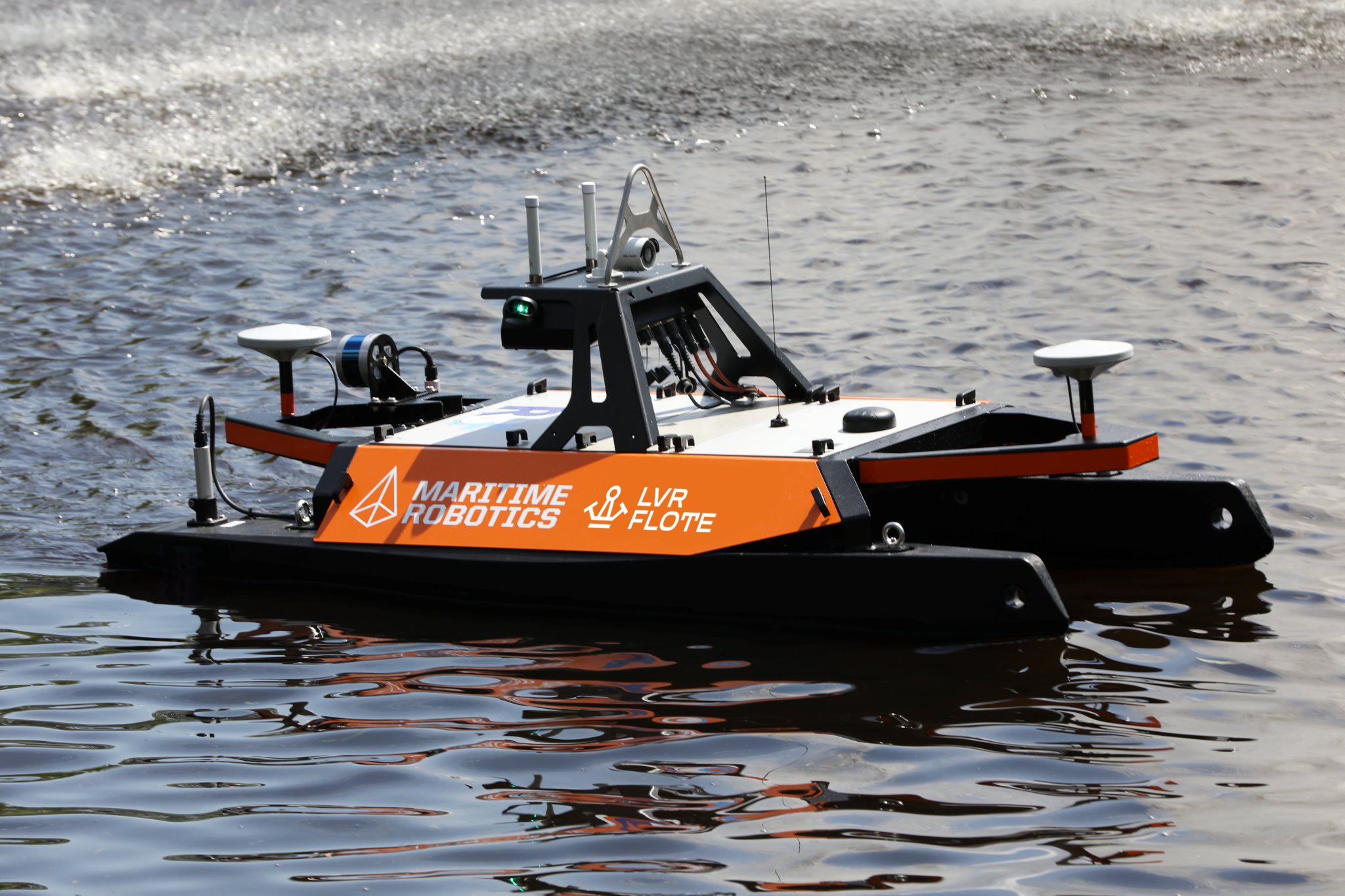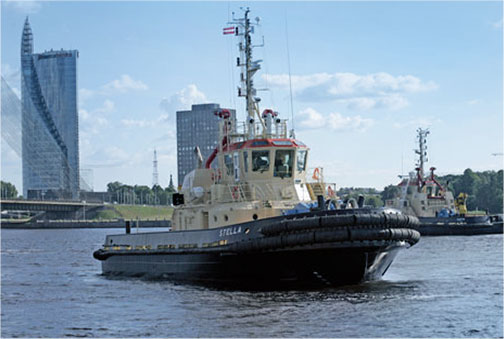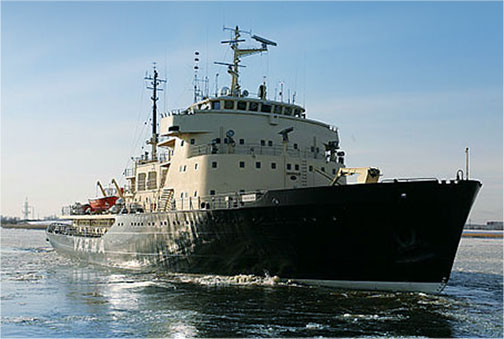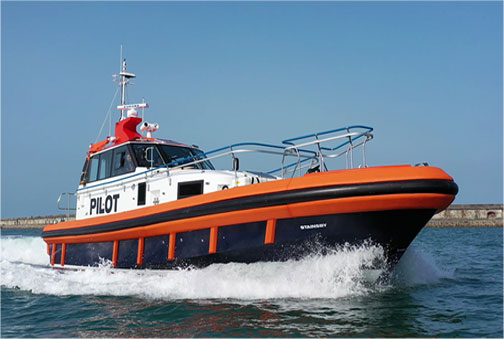LVR Fleet provides a wide range of technical services for the ports of Latvia.
Our vision is to be the highest-quality port technical services provider, therefore, our operational strategy for the next five years sets out targeted activities for the development of services and efficient use of resources, which, among others, can be achieved through the innovations.
We provide our services with both – a technical fleet and a fleet of vessels and since 2022 – also a floating drone.
In 2022 we purchased an unmanned surface vehicle or floating drone OTTER, which is the first drone of this type introduced in the Baltic States. OTTER opens unprecedented mobility opportunities in provision of hydrographic services not only in the port area, but also in other inland waters.
LVR Fleet is interested in application of innovative and modern technologies, and adding a drone to our fleet ensures the mobility and multimodality in our activities. So far, the OTTER has carried out surveys in the port of Riga, Riga city canal, Latvia’s deepest lake Dridzis, Ogre hydropower plant reservoir, Freeport of Ventspils Authority , Liepaja city canal, Liepaja Special Economic Zone (LSEZ), and Plavinas hydropower plant reservoir as well.
Moreover, introduction of the drone has opened to LVR Fleet exciting cooperation opportunities for creating new solutions in hydrography, data exchange and added value to ports and science. LVR Fleet innovation partners are telecom operator LMT and Riga Technical University (RTU).
Cooperation with LMT Innovations
In 2022, LVR Fleet and LMT signed a memorandum of understanding for testing and implementation of innovations and 5G technologies.
5G technologies will enable the digitalization of port services, modernization of technical infrastructure and fleet, ensuring high throughput connectivity between ship and port, development of autonomous solutions, their implementation and roll out.
To provide 5G network full capacity rollout in the port of Riga, Riga Bay and at the Baltic Sea, LMT Innovations first needs to set up the technology, for which LVR Fleet vessels and aids to navigation are a suitable maritime test environment. In turn, the development of 5G network coverage in the port and at sea is essential for LVR Fleet to ensure efficient data exchange between the ship and the coast, or between the drone and the ship, between the drone and the coast. In case with hydrographic survey, it requiers a large volume of data exchange to which 5G network is more suitable, because data transmission speed is faster, in real time and without interruption.
The result of cooperation between LVR Fleet and LMT has already improved the coverage and operating distance of the existing LTE mobile network at sea by tailoring LMT base station settings and hardware, which makes it possible to ensure the monitoring of aids to navigation of the Freeport of Ventspils Authority effectively. 5G network supporting devices can already operate successfully at sea towards Ventspils.
Also, it should be noted, LMT weather sensors technology is being tested on roads in the port territory to monitor icing conditions. This cooperation is related IOT and have a potential in enhancements with 5G.
Soon, LVR Fleet and LMT plan to create a test “mesh network” in the port of Riga, in which the 5G deployable standalone core will be installed on ships for extending the signal to other vessels or devices at sea. In deployable 5G test mode, this network is separated from the LMT 5G commercial network (network slicing) and can also be rapidly deployed, for example, for the needs of security or rapid response systems, in which LMT already has groundwork with other cooperation partners in the field of security.
5G coverage at sea and in the port means larger capacity for the network – it enables more simultaneous network connections, higher data exchange speed and real-time operation of devices. In the future, it is expected that all “sea users” – ships, crew, passengers, service providers, will benefit from proper 5G network on the main shipping routes.
Cooperation with Riga Technical University
LVR Flote and RTU have already exchanged experience and knowledge in various projects, but in the near future we plan to conclude a memorandum of cooperation in order to develop data analysis and processing automation, as well as to test radar technologies and collision avoidance systems. During the next meetings and discussions of the work teams, LVR Fleet and RTU plan to identify other cross-points where our competences and resources can meet to jointly create new and innovative solutions for ports.
Modernisation of resources
In addition to the aforementioned projects, at the end of 2022, LVR Fleet received co-financing approval from CINEA – European Climate, Infrastructure and Environment Executive Agency for the project with an aim to introduce a modern and efficient icebreaking equipment in framework of Connecting Europe Facility (CEF) transport direction Military Mobility program. Thus, LVR Fleet plans to announce a procurement for the purchase said multi-purpose technical fleet vessel soon. The latest technologies and the most modern solutions have been identified in the drafting of the vessel’s technical specification for the provision of the highest quality port technical services in Latvian ports. The technical specification likewise takes into consideration the achievement of climate neutrality and dual use objectives.





